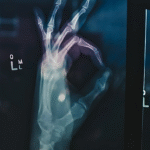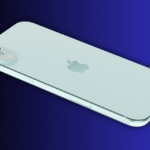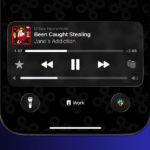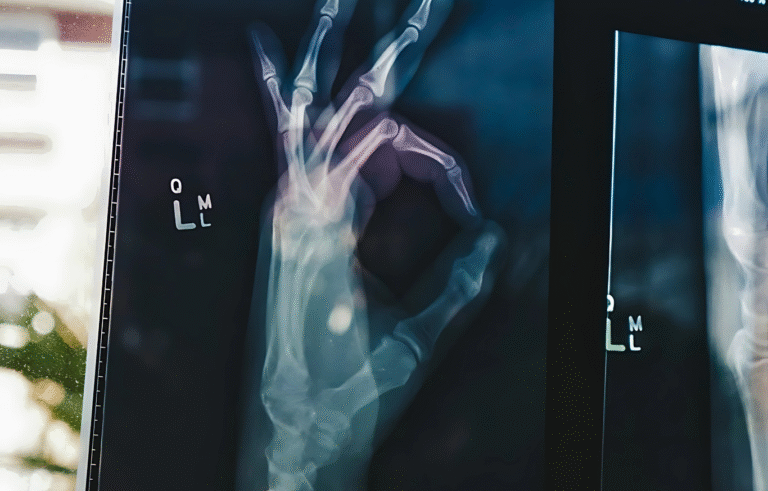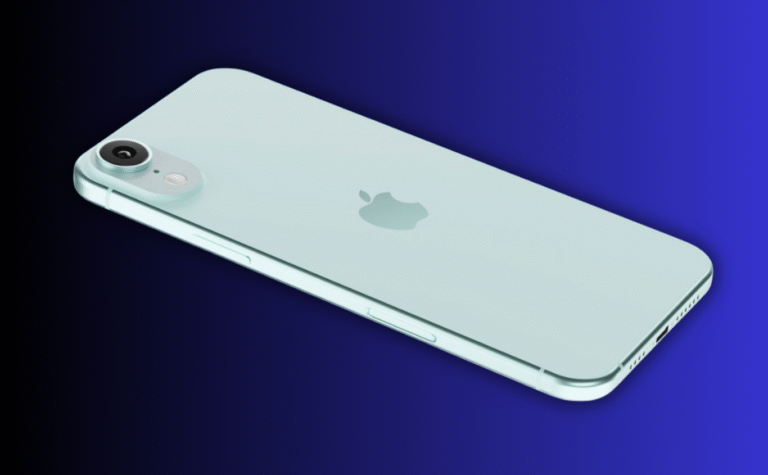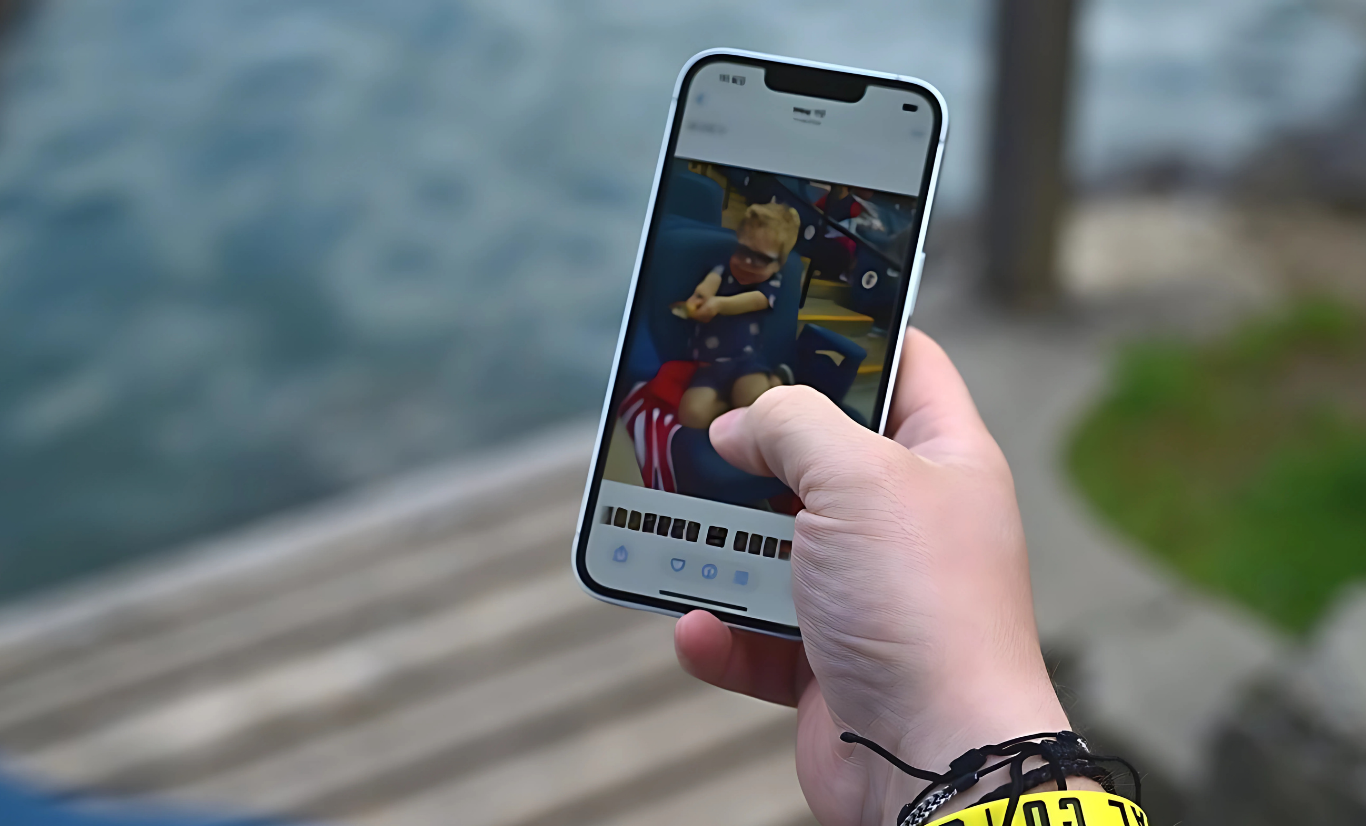
U.S. Threatens Ban on Chinese-Made iPhones Using BOE OLED Displays Amid Trade Secret Dispute
Trade War Escalates: BOE OLED Panels in Crosshairs Following ITC Ruling
The U.S. is inching closer to a potential import ban on iPhones using BOE-manufactured OLED displays, igniting serious concerns over Apple’s global supply chain. The U.S. International Trade Commission (ITC) recently issued a preliminary ruling in favor of Samsung Display, which accused China’s BOE Technology Group of illegally using its proprietary OLED technology.
This ruling, if finalized, could trigger a full-scale import ban on smartphones—including specific iPhone models—equipped with the disputed panels. Such a move would shake Apple’s market in the U.S. and further inflame U.S.-China tech tensions.
Samsung and BOE Lock Horns Over OLED Innovation
The dispute between Samsung Display and BOE began in 2023, when both companies launched multiple lawsuits accusing each other of intellectual property theft, particularly related to OLED technology. Samsung took the fight a step further by filing a formal complaint with the ITC, seeking protection under U.S. trade laws.
According to ET News, the ITC determined that Samsung provided sufficient evidence showing BOE had misappropriated OLED trade secrets, producing displays based on unlawfully obtained information. The ITC stated that Samsung Display proved its claims “by a preponderance of evidence,” positioning the Korean firm for victory ahead of the final ruling expected in November 2025.
The ITC has a history of upholding its preliminary rulings, making it highly likely that a complete import ban could be enforced if the final decision favors Samsung.
Apple at Risk: iPhone Imports Under Threat
Apple’s collaboration with BOE has primarily focused on providing OLED panels for iPhones aimed at the Chinese market, but BOE has also reportedly supplied screens for several global iPhone models—including the iPhone 15, 15 Plus, 16, 16 Plus, and 16e—which are sold in the U.S.
Even though Apple is expected to limit BOE’s involvement to the China-only iPhone 17 Pro, millions of earlier iPhones containing BOE panels are currently available—or set to arrive—in U.S. markets. If the ITC ban proceeds, it could block future imports of those models, disrupting Apple’s U.S. inventory and sales pipeline.
Uncertainty Over Scope: Will the Ban Target Screens or Smartphones?
A crucial detail remains unresolved: Will the potential ban apply only to OLED displays from BOE or to entire smartphones containing them?
According to a report by JoongAng Daily, the ITC has not yet clarified the scope. This ambiguity leaves room for interpretation and raises questions about enforcement. Unlike the 2023 Apple Watch import ban, which targeted fully assembled devices due to patent issues, the BOE dispute involves component-level intellectual property theft.
Because Apple assembles iPhones overseas, display components aren’t directly imported into the U.S., possibly giving Apple a legal shield. However, if the ITC interprets the ruling broadly, Apple could still be held liable for importing finished products with infringing components.
Will Samsung Sue Apple Next?
Although Samsung Display has emerged victorious against BOE in the ITC’s preliminary findings, direct legal action against Apple is considered unlikely. Apple remains one of Samsung Display’s most significant and most valuable clients, especially now that Apple has entrusted the company with the production of foldable iPhone screens.
Still, analysts warn that companies using BOE panels—intentionally or not—could be caught in the legal crossfire. While it may not be in Samsung’s financial interest to sue Apple, the South Korean tech giant may consider legal pressure on third-party manufacturers or distributors using BOE displays.
Apple and BOE: A Complicated Relationship
Apple’s relationship with BOE has been far from smooth. In 2022, Apple reportedly canceled display orders from BOE after the Chinese supplier altered the iPhone 14’s design without authorization. BOE only regained Apple’s business after years of rebuilding trust and reestablishing compliance.
Despite its limited market share compared to Samsung Display and LG Display, BOE has ambitious plans to expand. In June 2025, the company reportedly increased its OLED production capacity in a bid to attract larger orders from Apple, aiming to strengthen its foothold in the premium display market.
What’s Next for Apple, BOE, and U.S. Consumers?
Suppose the ITC finalizes its ruling in November and recommends an import ban. In that case, the decision will be forwarded to President Trump, who will have 60 days to review and enforce the recommendation. During that period, Apple is likely to lobby heavily to avoid disruption to its U.S. business.
To cushion the impact, Apple may begin diversifying its display suppliers, leaning more on Samsung and LG to minimize reliance on BOE. Devices already shipped into the U.S. before any ban are expected to remain unaffected, but future models incorporating BOE panels may no longer be eligible for import.
Implications for the Global Tech Ecosystem
This case underscores the growing challenges of global component sourcing and emphasizes the critical need to safeguard trade secrets in the fiercely competitive technology industry. The outcome of this dispute may set new precedents for how intellectual property violations are addressed in international supply chains.
For Apple, this is another reminder of the fragile nature of relying on a multi-national manufacturing network. For BOE, the ruling could significantly impact its global ambitions and relationships with major clients like Apple.
Final Thoughts
As the ITC gears up for its final decision, the entire smartphone industry is bracing for potential fallout. A ruling in favor of Samsung and an ensuing import ban could reshape global supply chains, restrict competition, and further isolate Chinese tech firms from U.S. markets.
Apple, always known for its supply chain agility, will likely adapt swiftly. But for BOE, the challenge of recovering from a legal and reputational blow on this scale may prove far more difficult.

